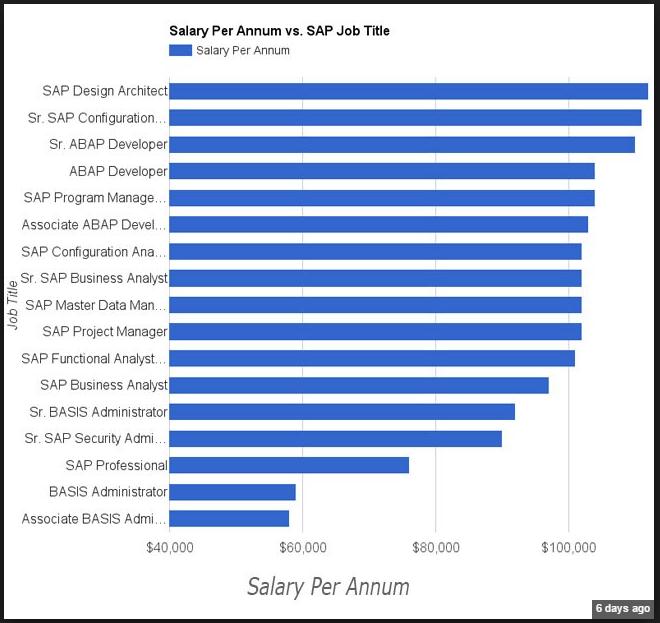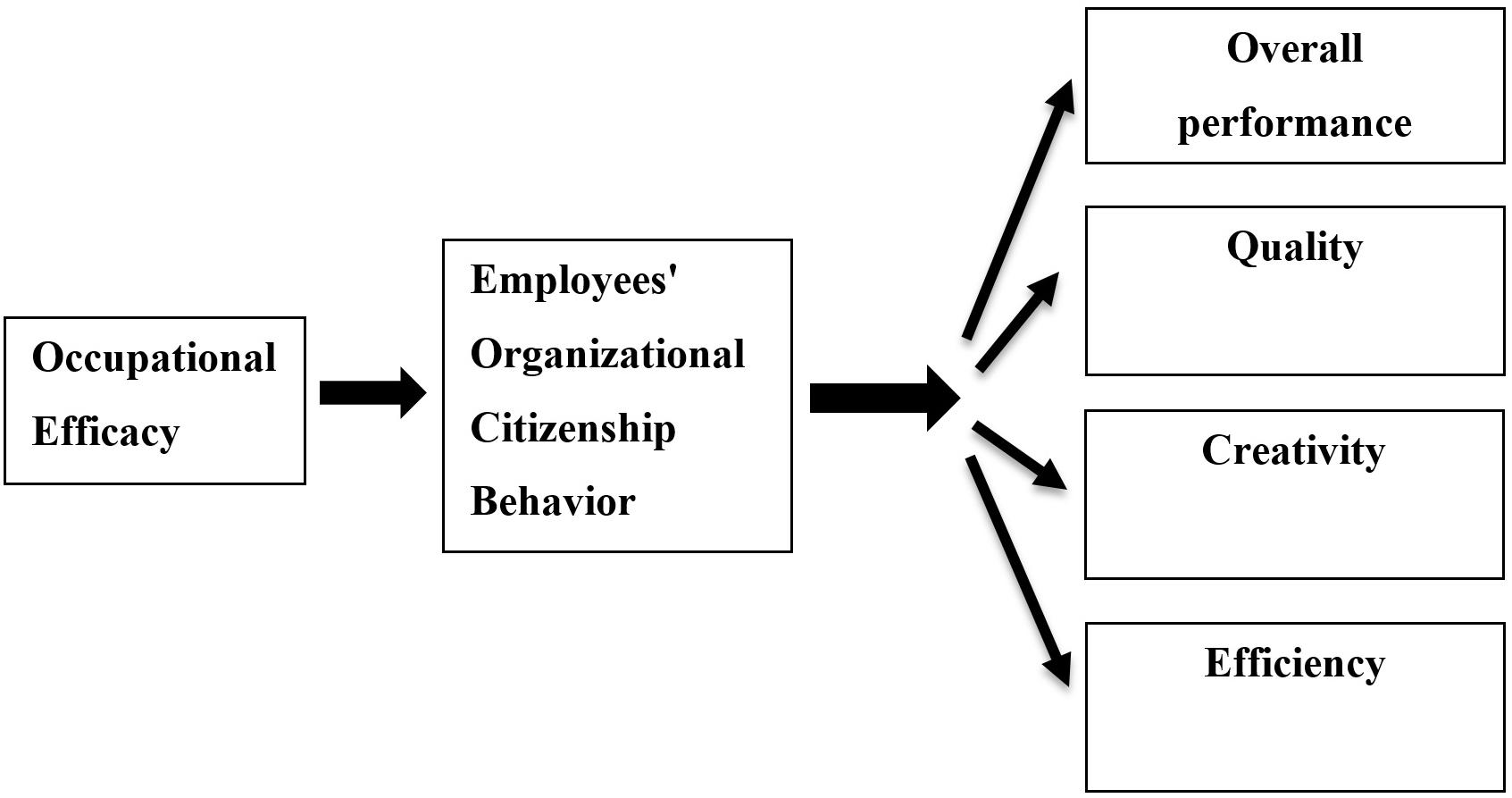
Businesses technology can help businesses boost efficiency and productivity. Additionally, technology can increase security. We'll be looking at the various tools used by businesses and how they can help their business. Software is also a key component of business technology. Microsoft Office, which can be used to create and modify spreadsheets and other documents, is a good example.
Business technology is a strategy for organising and coordinating technology management across the entire enterprise
Technology plays a pivotal role in every business. Business technology helps businesses develop customer-centric products as they move to the service economy. It's a strategic approach designed to increase customer satisfaction.
Technology is derived from the Greek term "techne", which translates to "art" and "logos," a Greek word that translates into "logic." Everett M. Rogers defined "technology" as "the art and science of creating an instrumental action to reduce uncertainty within cause-and effect relationships." Technology includes both tangible products and knowledge about processes and methods.

It helps boost efficiency and productivity
Small and medium enterprises are constantly seeking ways to improve efficiency and productivity. Emerging technologies help companies run more efficiently by enabling employees to do more with less. The demand for data on-demand is increasing due to the rise of remote workers. The ability to access data anywhere and anytime, even while on the road, makes it easier for business owners and managers to achieve their goals.
Employees can focus on customers' needs by focusing on efficiency in business operations. For example, chatbots can automate customer interactions and direct them to the correct department for their needs. If customers have specific queries, they can be assisted by humans.
It can be a tool to help find talent
Talent tech adoption can help companies hire and find better candidates. It can also help companies deal with the challenges created by digital transformation. The use of talent tech can be used to help companies address specific issues such as the hiring of new employees, filling vacant positions, assessing employees, and building a talent pipeline. It is important to adopt talent tech with care.
Technology for finding talent includes internet job boards, computer systems, and software. These systems provide a central repository for all applicant information, allowing hiring managers the ability to track applications efficiently. These systems can be used by managers to assign work or allocate tasks. These systems can either be used offline or online. Online systems enable managers to assign tasks virtually and use chat rooms to discuss business objectives.

It increases security
Businesses can now use a variety technology options to protect their data as well as physical assets. This technology can improve the security and efficiency of businesses. These technologies are customizable and offer more innovative solutions. These technologies also give businesses the ability to respond to future security needs. By integrating security and privacy measures, businesses can ensure that their data and assets are protected.
FAQ
Are consulting incomes subject to tax?
Yes. Taxes will be charged on consulting profits. The amount depends on how much you earn per year.
You can also claim expenses if you are self-employed. This includes rent, childcare, food, and transportation.
You can't deduct the interest on loans, vehicle damage, or equipment costs.
If you earn less than PS10,000 per year, 25% can be claimed back.
Even if you earn more than the threshold, you could still be taxed depending upon whether you are classified as a contractor and/or employee.
The PAYE tax for employees and the VAT tax for contractors is generally paid as you earn.
What qualifications are necessary to become a consultant
Not only is it important to have an MBA but you should also have business consulting experience. You should have at least two years of experience in consulting and/or training for a major company.
You should have had experience working with senior management to create strategy. This would require you to be comfortable with presenting ideas and getting buy in from clients.
A professional qualification exam like the Certified Management Consultant (CMC), Chartered Management Institute, is required.
Who hires consultants?
Many organizations have consultants who help them with projects. These can include small businesses and large corporations, government agencies as well non-profits and educational institutions.
Some consultants work directly for these organisations, while others freelance. In either case, the hiring process varies depending on the size and complexity of the project.
There will be many rounds of interviews for consultants when you are looking to hire. Only then can you select the right person to fill the position.
What skills is required to consult?
Consultants should be able to communicate effectively and have excellent analytical skills. This is crucial because you might not be able to understand what you are doing when you work on complex projects. This is a must because you need to learn how quickly you can manage people.
Also, you must have great communication skills. Most clients expect an answer within 24hrs. If they don’t hear back, they assume that you aren’t interested. It is important to keep them updated and make sure they fully understand the situation.
What contracts are available for consultants?
When consultants are hired, they sign standard employment agreements. These agreements include details such as how long the consultant will stay with the client, what he/she can be paid, and other important information.
Contracts can also indicate the areas of expertise that the consultant will concentrate on and the compensation they will receive. One example is that the agreement may specify that the consultant provides training sessions and workshops, webinars, seminars, or other related services.
Sometimes, the consultant simply agrees that a specific task will be completed within a set time frame.
In addition to standard employment agreements, many consultants also sign independent contractor agreements. These agreements allow consultants to work independently while still receiving payment.
What happens when the consultant finishes his job?
After the consultant completes his/her work, the final report will be submitted detailing the findings of their work. This report includes project timelines, deliverables, and any other pertinent information.
The report will be reviewed and you can decide if the consultant met all your expectations. If you are not satisfied with the consultant's report, you have the option to ask for modifications or to terminate your contract.
How do you get clients for your consultancy business?
It is important to identify an area of passion. This could be social media or public relations. However, it must be something that you are passionate about. If not, you may have to start small by finding a niche market such as web design. Once you find the right niche, it is important to know what makes it tick. What problems does the solution solve? What are the benefits? How can you help them?
You can also try approaching businesses directly - perhaps they need someone who understands SEO or content creation, or maybe they just want to know where to go for advice on social media strategy.
If all else fails you can offer your services at free events such as conferences or networking nights. You'll meet many potential customers without spending money on advertising, and you'll be able to show off your skills.
Statistics
- 67% of consultants start their consulting businesses after quitting their jobs, while 33% start while they're still at their jobs. (consultingsuccess.com)
- According to IBISWorld, revenues in the consulting industry will exceed $261 billion in 2020. (nerdwallet.com)
- Over 62% of consultants were dissatisfied with their former jobs before starting their consulting business. (consultingsuccess.com)
- Over 50% of consultants get their first consulting client through a referral from their network. (consultingsuccess.com)
- My 10 years of experience and 6-step program have helped over 20 clients boost their sales by an average of 33% in 6 months. (consultingsuccess.com)
External Links
How To
How to find the best consultant
It is important to first ask yourself what you expect from a consultant when searching for one. Before you begin searching for a consultant to help you, you should be clear on your expectations. You should make a list of all the things you need from a consultant. This might include skills such as project management, professional expertise, communication, availability, and technical skills. Once you have identified your requirements, you might consider asking friends and colleagues to recommend you. Ask them if they had any bad experiences with consultants previously and see how their recommendations compare with yours. Research online if you don’t already have recommendations. There are many websites, such as LinkedIn, Facebook, Angie's List, Indeed, etc., where people post reviews of their previous work experiences. Consider the ratings and comments of other candidates and use these data to start your search for potential candidates. Once you have a shortlist, be sure to contact potential candidates directly to schedule an interview. In the interview, discuss your needs and ask them for their suggestions on how you can achieve them. It doesn’t matter who recommended them to you, just make sure they understand what you are trying to achieve and how they can help.